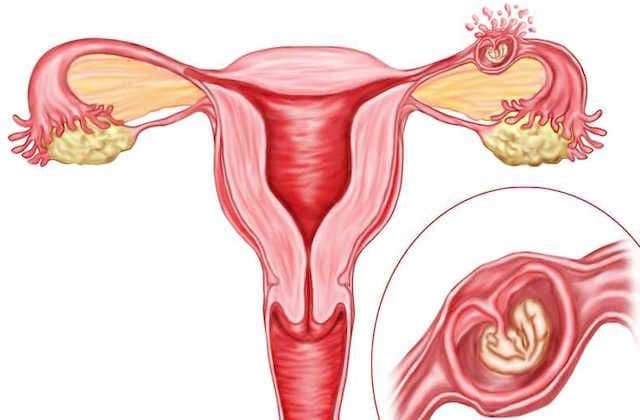Study on the Treatment of Ectopic Pregnancy
Ectopic Pregnancy
Obie Editorial Team

Researchers in France completed a study investigating the pregnancy rates between medical/conservative surgery and conservative surgery/radical surgical treatment of ectopic pregnancy. As published in the journal Human Reproduction, the pregnancy rates differed little between the two treatments compared to each arm of the study. Pregnancy rates between the two arms were also comparable.
The Study
The study placed 206 women in the medical/conservative surgery arm of the study and 199 women in the conservative surgery/radical surgery arm. Pregnancy rates for the women were compared within the arm. Researchers felt it necessary to create separate arms of the study because some cases of ectopic pregnancy require surgical treatment thus medical treatment was not a viable option for some women.
Medical treatment involved methotrexate injection; conservative surgery aimed to save the fallopian tube and radical surgery removed the fallopian tube altogether. Within two years of treatment, 67% of women treated medically and 71% of women treated with conservative surgery achieved intrauterine pregnancy. The second group of participants reported similar results with a 70% and 64% pregnancy rate after conservative and radical surgery, respectively.
The Results
Researchers believe these results are important for patients who experience an ectopic pregnancy. The lowest rate of pregnancy was reported in the radical surgery group and medical intervention group. The highest pregnancy rate was reported in the conservative surgery group in both arms. Doctors can use this information to discuss all possible treatment options with patients or put patients at ease when comparing the available treatment options.
When women face the choice between medical and conservative surgical treatment of ectopic pregnancy, their chances of becoming pregnant in the future may come into question. Based on the results of this study, conservative surgery allows for the highest chance of future pregnancy, but surgery comes with the risk of medical complications – something that should be discussed between the attending physician and patient before treatment is scheduled, when applicable.
Other factors, including lifestyle choices like smoking, can increase the risk of ectopic pregnancy. Doctors should discuss all relevant risk factors with women who’ve suffered ectopic pregnancy. Changing lifestyle habits may play a part in future fertility beyond the treatment protocol.
Read More











